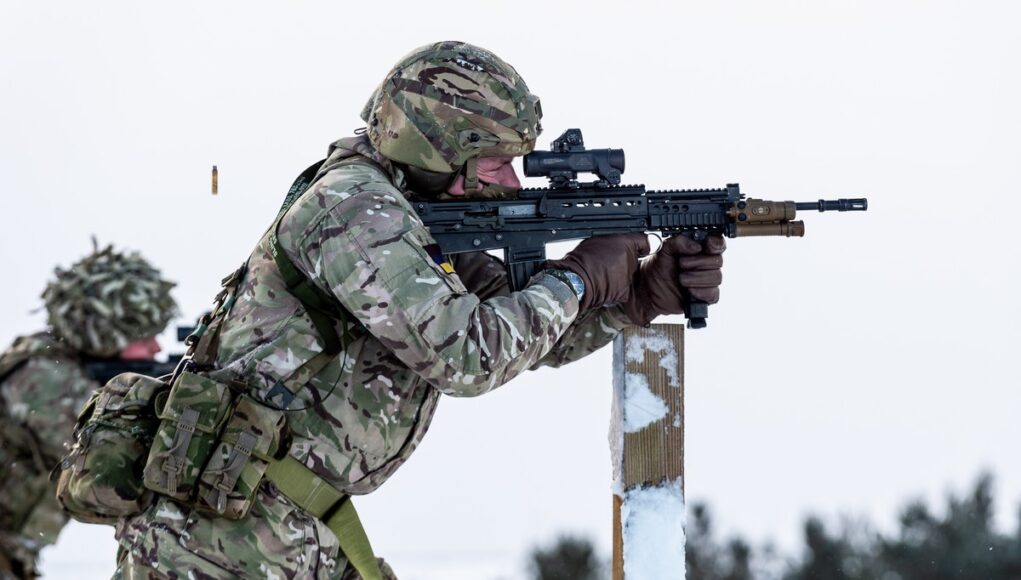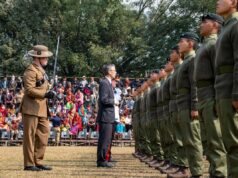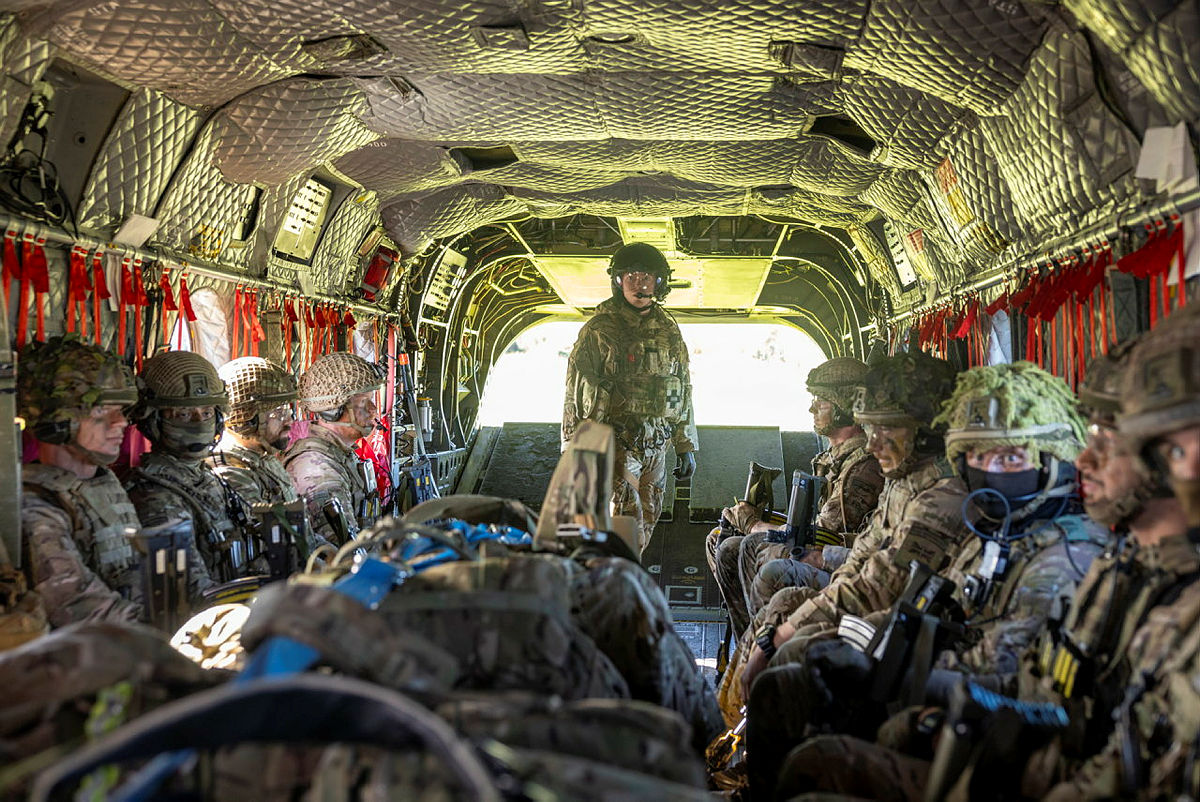Labour MP Calvin Bailey (Leyton and Wanstead) raised a series of questions in Parliament regarding the Ministry of Defence’s (MoD) efforts to recruit students in higher and further education into the UK Reserves.
He sought clarification on targeted programmes, financial incentives, and the accreditation of civilian qualifications to facilitate recruitment.
In response, Al Carns, Parliamentary Under-Secretary and Minister for Veterans, detailed several initiatives aimed at engaging students with the Armed Forces and potential careers in the Reserves.
Carns stressed the value of recognising civilian learning and qualifications, stating, “The Ministry of Defence (MOD) believes there is value in recognising and accrediting the learning, experience and qualifications achieved by individuals outside of Defence.”
Targeted Programmes for Students
Carns highlighted a number of programmes tailored to students, including the University Royal Navy Units (URNU), University Officer Training Corps, and University Air Squadron. Since 2015, the Royal Naval Reserve (RNR) has offered a condensed fast-track Phase 1 training programme during summer vacations, designed to align with students’ schedules. This programme was extended in 2021 to officer cadets in the URNU, enabling a seamless transfer to the RNR for successful trainees.
Despite these opportunities, Carns acknowledged gaps in financial incentives, noting, “There are currently no specific funding options to incentivise higher or further education students to join the Maritime Reserves or Royal Air Force Reserves.”
Financial Incentives in the Army
For students interested in joining the Army Reserves, some financial support is available. Carns outlined four schemes aimed at encouraging participation:
- Army Scholarships worth £3,000 per candidate.
- A Defence STEM Undergraduate Sponsorship, covering tuition fees and providing £5,000 annually for three university years.
- A £1,200 bounty for students joining the Army Reserves as Officers, split into payments upon enlistment and the completion of training.
- Additional support schemes targeting sixth-form and university students.
These incentives reflect efforts to attract students but highlight disparities between the Army and other branches of the Armed Forces.
Accreditation and Recruitment Potential
Bailey also asked about increasing the recognition and accreditation of relevant civilian courses to enhance recruitment efforts.
Carns reiterated the MoD’s commitment to aligning with recommendations from the Haythornthwaite Review and the Pan Defence Skills Framework, adding, “There is value in recognising and accrediting the learning, experience and qualifications achieved by individuals outside of Defence.”
A Mixed Picture
While the MoD has established several initiatives to engage students, the lack of financial incentives for those joining the Maritime Reserves and Royal Air Force Reserves raises concerns about consistency across the Armed Forces.
Bailey’s questions spotlighted the need for a more unified and appealing approach to student recruitment, particularly as the MoD seeks to unlock the potential of the Reserves as outlined in the Reserve Forces Review 2030.














This is a good idea
I joined because I wanted to serve my country, no one wants to join now while it’s in such a state. No pride in the country now it’s been taught out of everyone.
NO pride in the county for sure or the Armed Focres which are far too soft and WOKE these days. Need some strong leaders within and something inspiring to encourage the youth to come in. The Uni fee’s scheme with the commitment they stay in for 4 – 6 years on graduation or repay it all in full would help and must be across all the of the Armed Forces equally if the MOD does want educated leaders. Another option in reverse is serve for 4 – 6 years )all ranks and rates) and get your Uni/further Ed fees covered and should I feel cover the supporting arms such as the RFA too and remain active reservists.
The reserves should be much larger than they are. The Army should have at least equal numbers in active and reserve forces (160k Army) and the RAF and RN with far higher active reserves all around this island we live on. Too many skilled and costly members leave with no active role. what a waste when they could remain active and ensure the skills remain. It works in so many other states around the World and cost is minimal.
Imagine bring so pathetic that the concept of “don’t be a c*nt to your oppos” is what puts you off serving…
The only incentive here for Reserve service is the bounty which everyone gets and takes 5 years to get to the larger sum. All these other incentives are for Regular soldiers.
The Officer training corps is great but they monoplise the recruitment of university students added to the fact that many universities don’t like the forces going in to recruit.
There is a wealth of opportunity in this area but units need to be allowed in.
Unlike the USA the soldiers of this country are not looked after . To recruit ,you need to target wives and girlfriends.
Point out if there love one is injured or killed in action, they and their children are looked after ie housing , finance, education etc . It would then make a soldier male or female feel confident knowing their families are taken care of should anything happen !
This £3000 bonus is an insult in todays world, I can speak from experience the reserve soldiers have a bad time being
Away on weekends. TO RECRUIT YOU MUST LOOK AFTER THE FAMILY AT HOME !
If they start to look after us veterans then mibi more would join but if young ones hear that they are not looked after when leaving they manor want to sign up. I got medically discharged 11 year ago and still to this day i suffer with a spinal condition due to an accident @gmail.xomduring service and all wee get is a little pink card to say we are veterans it’s no good